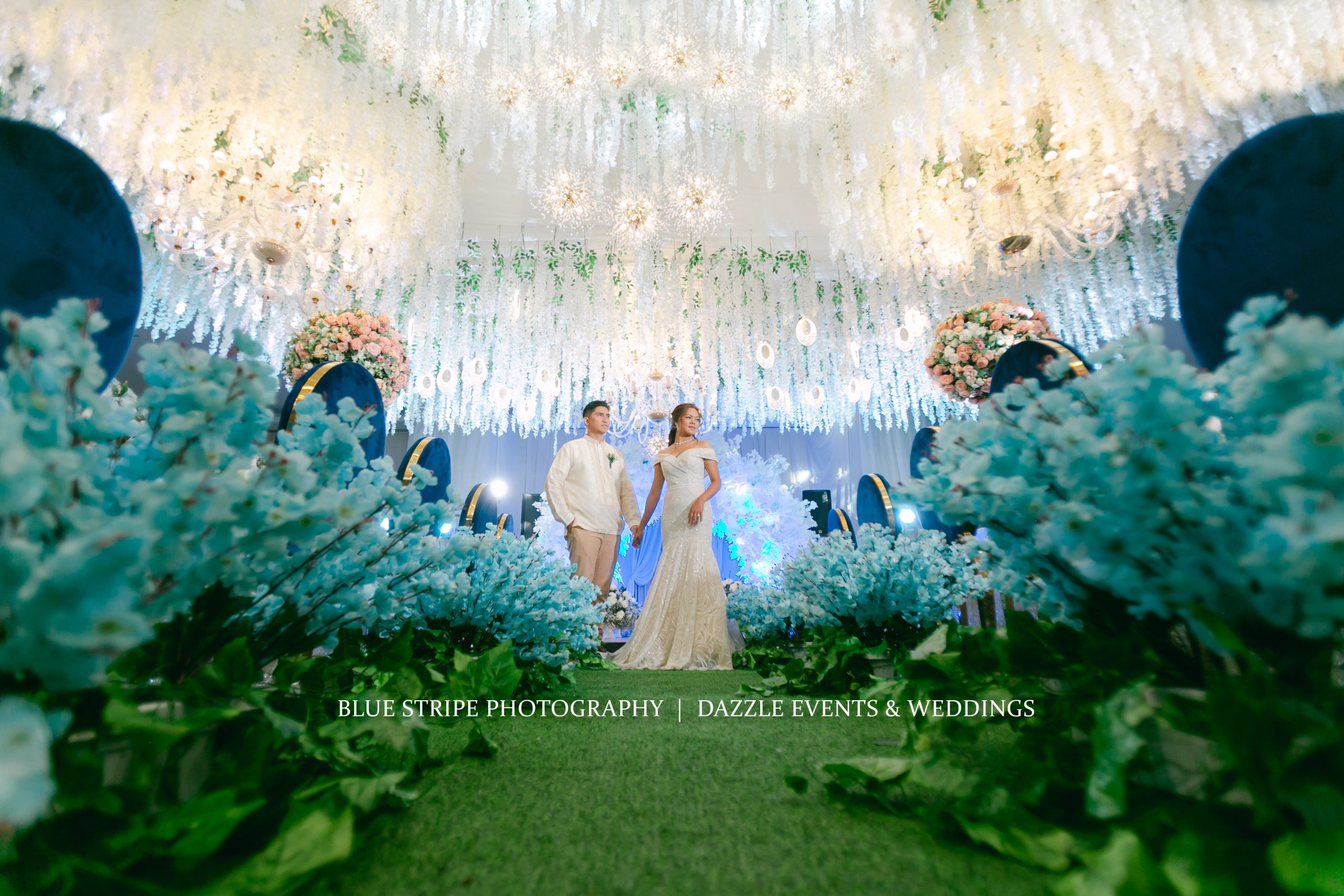
Here’s our list of hidden wedding costs to watch out for:
1.) Wedding Favors
Wedding favors can add up rapidly. Something that doesn’t seem like an expensive favor can break your budget when multiplied by a large number of guests. Many common wedding favors fall in the PHP50-PHP100 range. With 150 guests, that could cost you anywhere between PHP 7,500 – PHP 15,000 not including any shipping costs.
2.) Corkage
Providing your own booze can save you a lot of money if it’s allowed at your venue. However, there may be a corkage fee for your waiters to open bottles and provide table service. Standard fees vary, but it could cost you anywhere from PHP 50-PHP 200 per bottle. Even at the higher price point, this still may prove to be more of a bargain than using the site’s wine selection, which is generally sold at a substantial markup.
3.) Tip/Service Fees
Some suppliers include necessary service charges or tip in their agreement price, but others may not. Tip and service fees are usually included in catering prices at 15-20% on top of the food cost. If you’re paying for the bar (hosted), make sure you take care of any tips for bartending staff ahead of time, so your guests don’t feel beholden. Be sure to ask before signing the agreements if any tip or service fees are included, or expected when the service is delivered. It’s also a good idea to have some extra cash on-hand at the wedding for any unexpected tips you want to give.
4.) Overtime
Understanding the wedding timeline will help you plan more efficiently. Ask the venue to write the time frame in the contract—e.g. 5pm-11pm. Make sure you stick to this! Some venues charge an extra hourly fee for overstaying at the end of the night. If you need access to the space to decorate before the wedding, or need to clean up the next day, make sure you’re not going to incur additional costs.

You can also donate items used for the wedding to charitable donations, which will allow you to write off the expense up to the full purchase price. Things like linens, motives, and decorations can be donated if they are not needed after the wedding.
5.) Meals for people working the wedding, and unexpected guests
Your photographer, the wedding planner, your coordinator—they’re all working your wedding pretty much all day long. Feeding them is a nice thing to do, and sometimes it’s even part of the contract.
You may also have guests who show up unexpectedly, or guests who bring an uninvited plus-one. This happened to a friend of ours—he had several people show up to the wedding who had never RSVP’d. He had to step away from his own wedding to deal with the problem, and had to pay extra to cover additional meals. If this happens to you, the best thing to do is be a gracious host and feed them, so it’s usually a good idea to add a few extra meals to the total just to make sure you’re covered. That way you won’t have to worry about it on your big day.
Setting a realistic wedding budget is all about planning ahead. If you plan for these hidden wedding costs, you’ll avoid surprises and stay on-budget.

